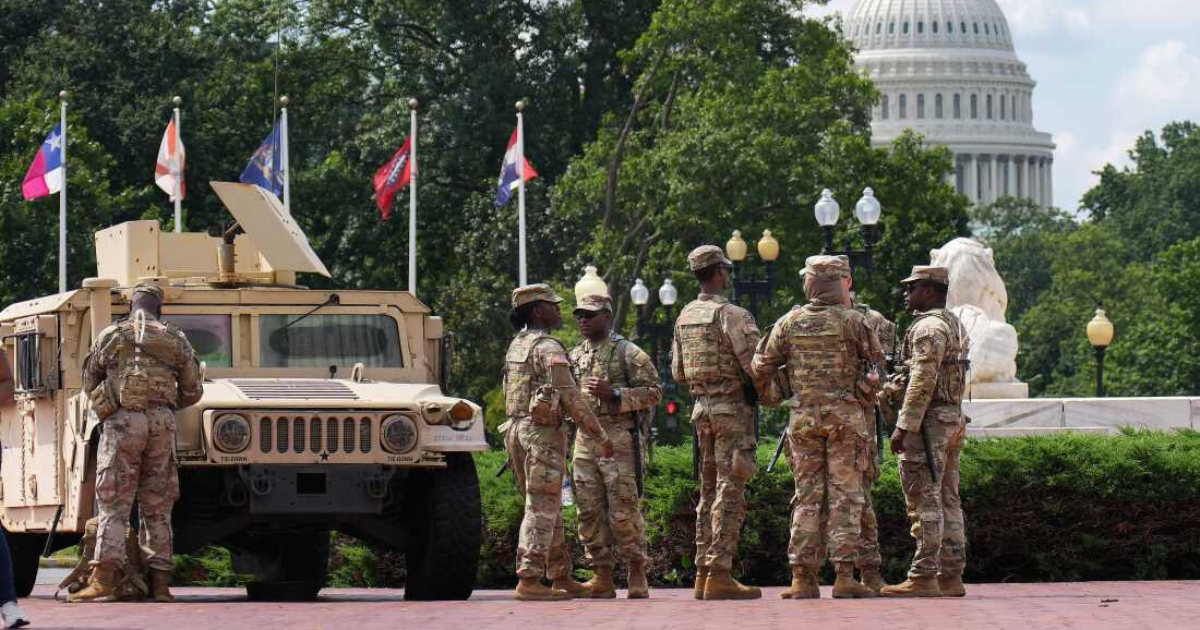Tensions are rising in the nation’s capital as South Carolina and Ohio have joined West Virginia in deploying hundreds of National Guard troops to Washington, D.C., under a controversial federal directive initiated by President Donald Trump. The move, aimed at intensifying control over crime and homelessness in the city, has drawn sharp backlash from local officials, civil rights groups, and demonstrators.
West Virginia announced the deployment of between 300 and 400 troops, while South Carolina is sending 200 and Ohio 150, all expected to arrive in the coming days. These additions are in response to Trump’s executive order federalizing the city’s police force and placing nearly 800 D.C. National Guard members under his direct command. Local leaders are calling it a political occupation masked as a public safety initiative.
🔥BIG NEWS: the number of states sending more National Guard to Washington DC has increased to three!!
Ohio, West Virginia, and South Carolina. pic.twitter.com/fxJm5xQOS4
— Wall Street Mav (@WallStreetMav) August 17, 2025
Critics note that the president’s actions come despite data showing violent crime in D.C. is at a 30-year low and has fallen 26% since Trump took office in January. Still, his administration has moved forward with the temporary takeover of the D.C. police department and attempted to install DEA head Terry Cole as the city’s emergency police commissioner, a move halted by a federal judge.
Protests erupted Saturday, with crowds marching from Dupont Circle to the White House, chanting against what they call a federal overreach and “military-style policing.” Veterans’ groups and city residents have decried the deployments, arguing the National Guard should be reserved for natural disasters and true emergencies, not political showdowns.
Though the guard units are reportedly unarmed, military police may soon be authorized to carry sidearms. For now, troops are patrolling the National Mall and Union Station, while uncertainty hangs over the future of federal involvement in city policing.




